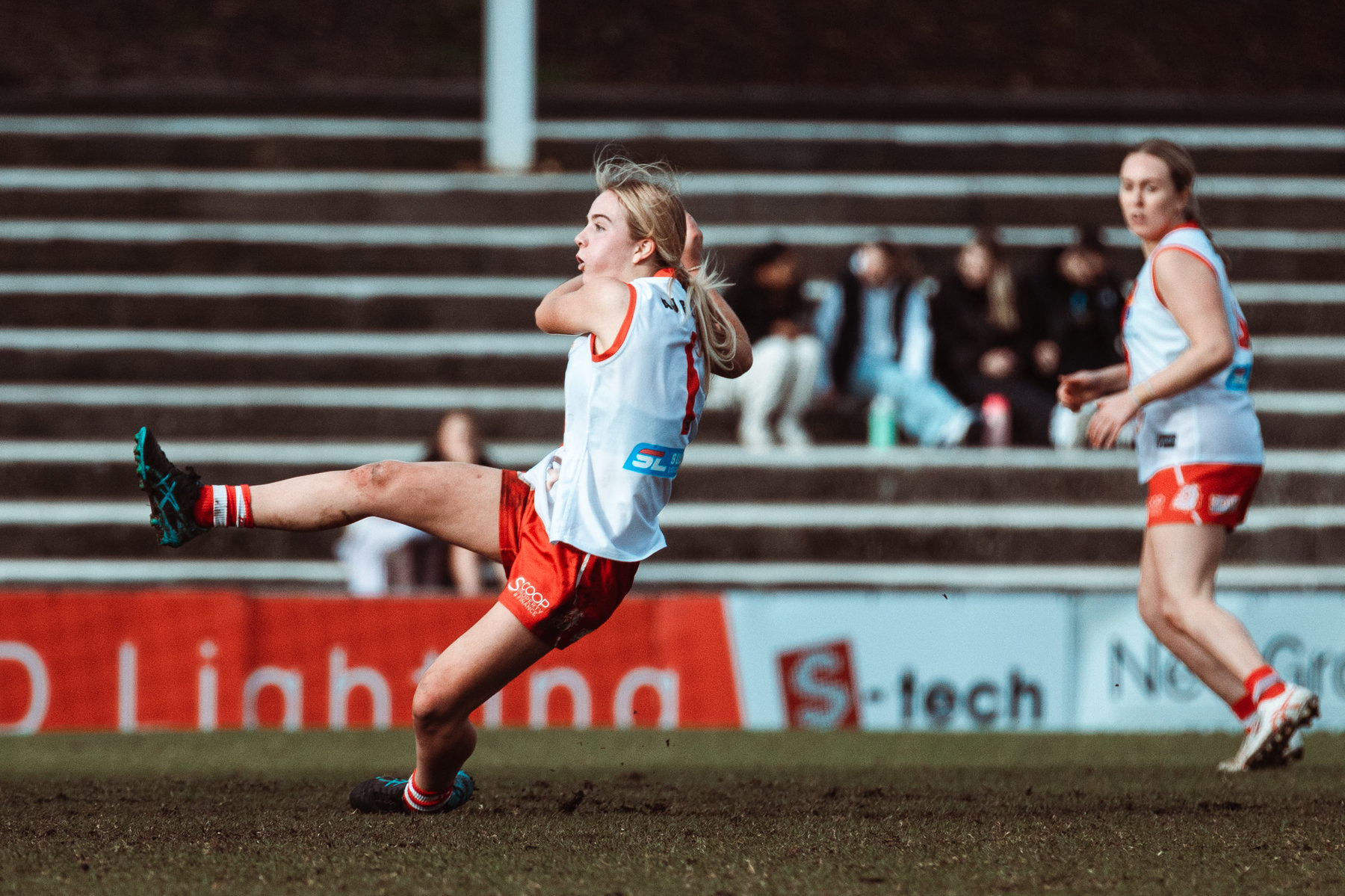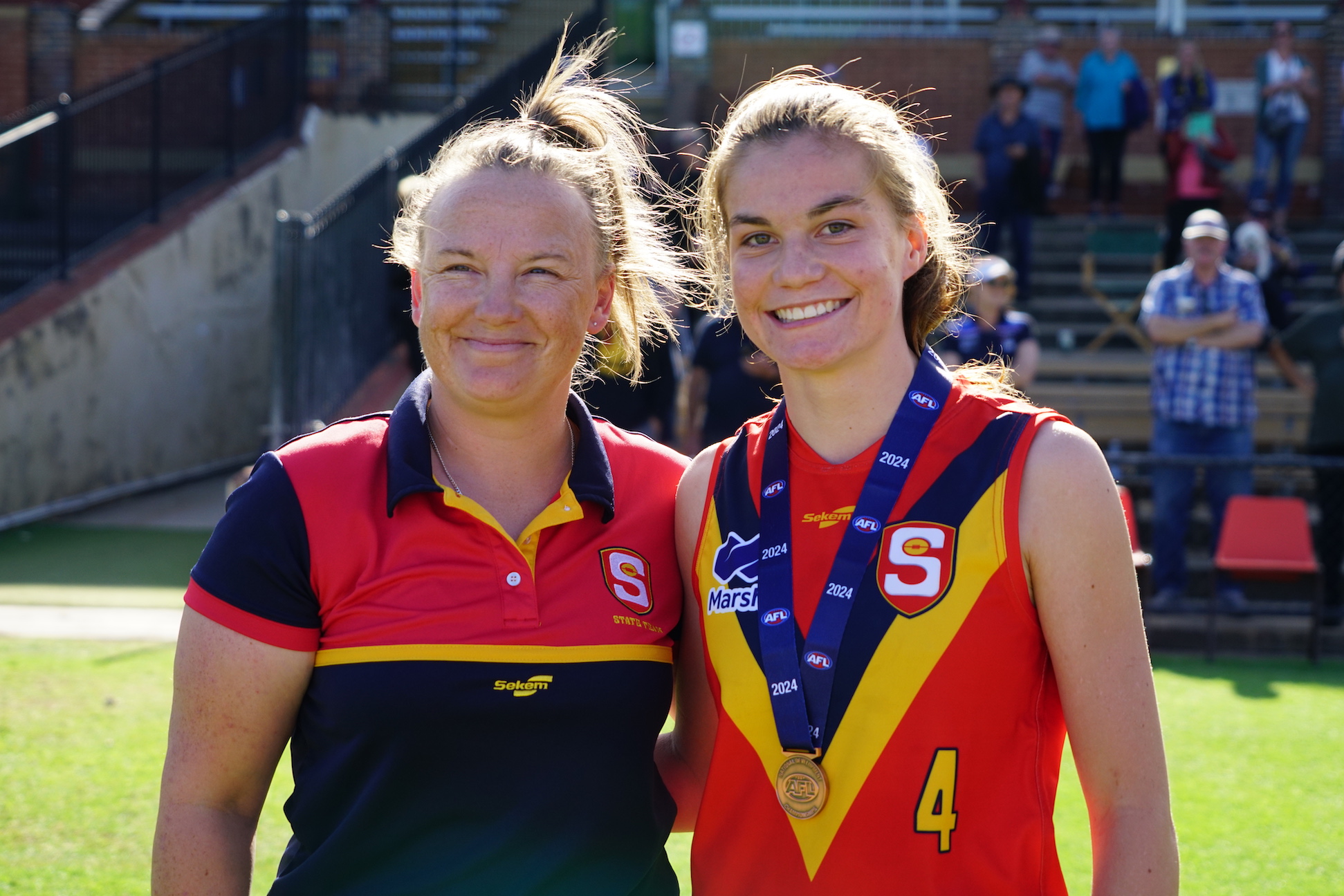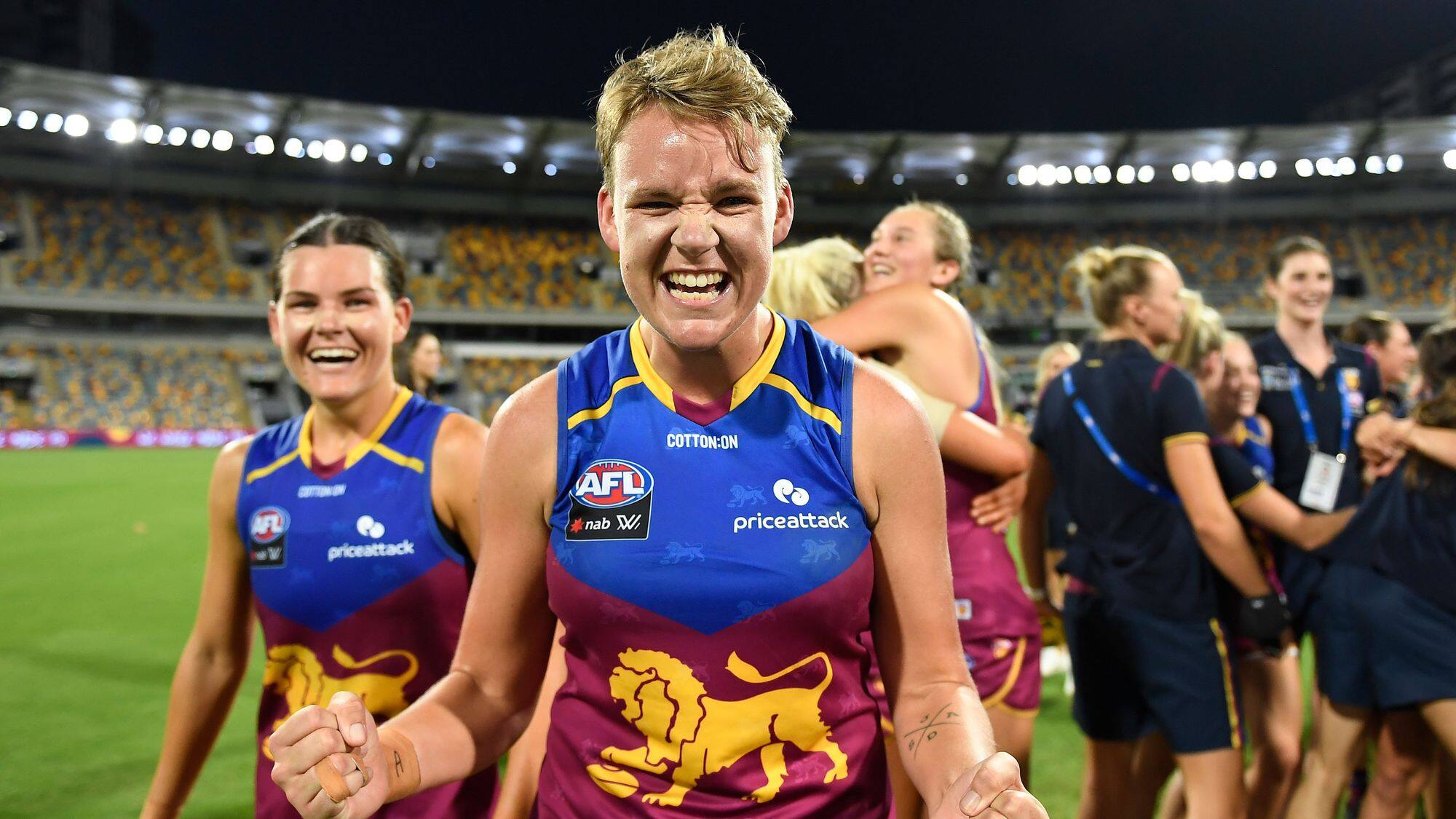Confidence the key to girls’ success

“IF we coach young female footballers the way we coach boys then we will lose them to the game.”
This is how Nathan Burke, high performance coach, and writer from SEN’s Inside Football magazine, portrays coaching girls. Scott Armour, new coach of the Gippsland Power TAC Cup Girls team, agrees wholeheartedly with Nathan Burke’s sentiments.
“I’ve had some experience working with girls and trying to get the best out of them in a sport setting because I’m a P.E. teacher,” he said. “So one of the things I’m aware of is the importance of building positive relationships with the girls and being positive about feedback.”
AFL Community’s AFL Female Club Guide echoes Armour’s view on coaching females, explaining that coaches need to understand the environmental, individual and societal factors that lead females to playing Aussie Rules football. Environmentally, clubs need to provide good facilities, and not let over-competitiveness get in the way of developmental improvement. Scott Armour is already on the right track in implementing an encouraging environment at Gippsland, with more of a developmental focus, rather than a winning-based focus.
“One thing we’re going to tell the girls is, we won’t be looking at the scoreboard as a measure of their success,” he said. “If they’ve lost the game, we’ll look at their effort and we’ll look at how they played, all that sort of thing. “We’ll get feedback from that, take positives and move forward. We won’t judge them by the scoreboard.”
Armour also knows the importance of developing the players as individuals first, rather than elite footballers. Berger (2014) states that girls in the 14-17 age groups are more likely than boys to suffer from the perception of not being good enough, perfectionism, sexual confusion, fear of failure, body image hatred and lack of self-esteem. So Armour intends to help players overcome these issues, as should other coaches.
“We need to build the confidence up with the girls and so yes we need to teach them and educate them, but we need to build their confidence up,” the Gippsland coach said.
“So the girls playing for us in a few weeks time they know that if they make a mistake, and the runner comes out, the runner will be saying, great option, you’ll get it next time. Rather than you’re off, you made a mistake. Everyone makes mistakes. So being critical will deflate confidence quickly in a game and it’s not going to help anyone.”
From a societal perspective, the AFL Female Club Guide states that: “coaches who stick to good coaching principles such as striving to achieve individual goals, putting development ahead of winning and allowing time for the girls to socialise, will get the best out of their footballers.”
To ensure that Armour can get the best out of his Gippsland players, he is mindful of the language he uses around the girls.
“(With) Girls, it’s really important to be careful of the language you use,” he said.
He explained this through relating it to telling boys about a fitness test result, compared to telling girls about it.
He believes that the boys “might look around at each other, thinking who’s not doing their job, whereas the girls might associate it back to themselves”.
Another area that the AFL Female Guide focuses on is “catering for player’s other interests and commitments”. Many TAC Cup players are up to their ears in homework, and juggle a part-time job to make some pocket-money. Fitting in family time, and hanging out with friends is another story altogether. So how do players even think about adding football into their busy lives?
Gippsland Power Female Talent Manager, Chelsea Caple states that:
“The Gippsland Power philosophy is that family and school comes first, footy comes next”. Caple and Armour understand the difficulty in balancing work, school, sport, and socialising. Therefore, they are very understanding if footy has to take a back seat in the players’ lives.
“If girls are struggling because of school workload or something in the family has come up, they’ll speak to Scotty (Armour) or myself and we’ll just have to keep reminding of them, that there is zero pressure from us to be at training if school or family needs priority,” Caple said. “There’s a lot more things that come before football and we need to educate girls about that as well. “Essentially football could last for them five to ten years, whereas school and education lasts a lot longer.”
Armour echoed these sentiments, and added his point-of-view as a physical education teacher.
“A thing that helps is from a school’s side of things is that there’s so many teachers there (at the club), so we get it,” he said. “School is so important and so we’ve got a principal, a deputy principal, a leading teacher and myself so we all know the importance of school. “We support that.”
Gippsland Power finished winless last season, but with the extended 2018 season, and a new coach at the helm, the players will have every opportunity to develop not only their football skills, but also themselves.





















